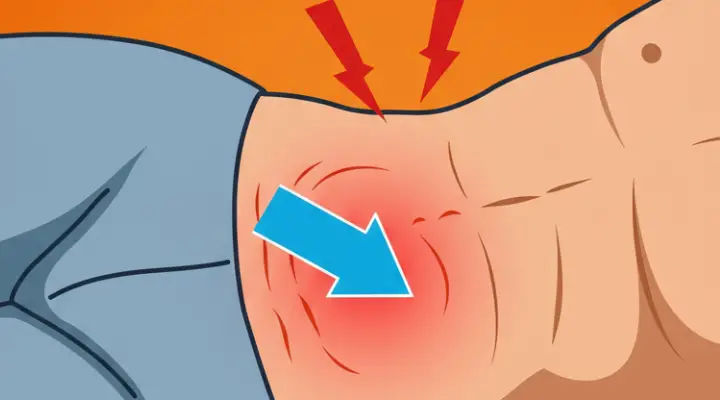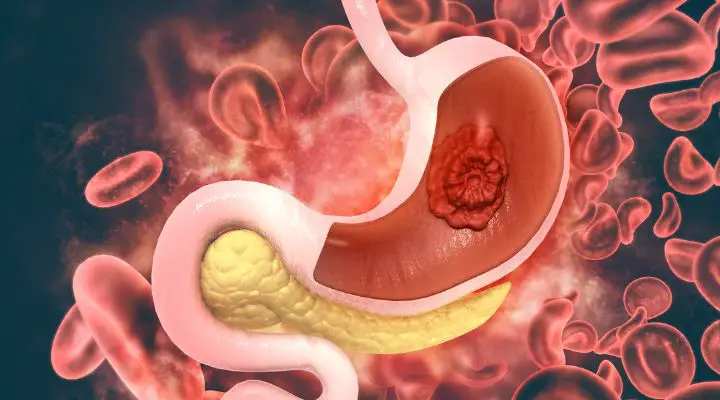- Brown: Healthy poop is usually brown in color, which is a result of the breakdown of bile pigments in the intestines. However, variations in shade are normal and can be influenced by factors such as diet and hydration levels.
- Green: Green poop may be the result of consuming green-colored foods or an abundance of leafy greens in your diet. It can also be indicative of a faster transit time through the digestive tract, which may occur with conditions such as diarrhea.
- Yellow: Yellow poop can be a sign of excess fat in the stool, which may indicate issues with fat absorption or liver function. It can also be associated with conditions such as gallbladder disease or giardiasis, a parasitic infection.
- Black: Black or tarry stool may indicate the presence of blood in the upper gastrointestinal tract, which can be a sign of bleeding from the stomach or esophagus. It is essential to seek medical attention if you notice black stool, as it may indicate a serious underlying condition.
3. Consistency
The consistency of your poop refers to how firm or loose it is. Normal poop should be soft and easy to pass, indicating that the digestive system is functioning properly. However, variations in consistency can occur, and these changes can provide valuable insights into your digestive health.
- Soft and Formed: Healthy poop is typically soft and well-formed, resembling a smooth sausage or banana. This consistency indicates that the stool has the right amount of water content and is passing through the intestines at a normal rate.
- Hard and Dry: Hard, dry poop can be a sign of constipation, which occurs when the stool moves slowly through the intestines, allowing too much water to be absorbed. Constipation can be caused by factors such as dehydration, a low-fiber diet, or certain medications.
- Watery or Loose: Watery or loose stool is often associated with diarrhea, which can be caused by infections, food poisoning, or underlying medical conditions such as irritable bowel syndrome (IBS). If diarrhea is not well treated, it might result in dehydration.







